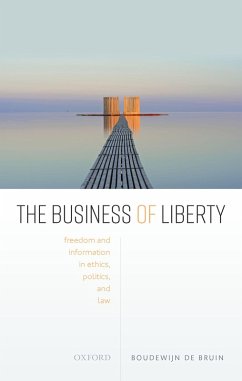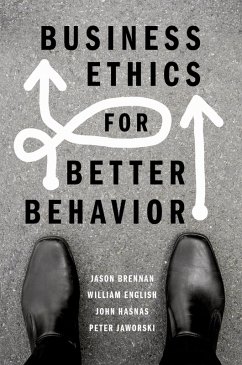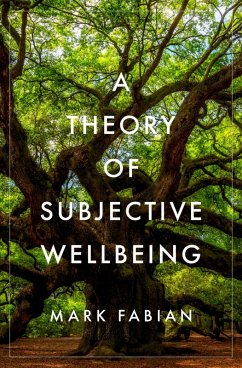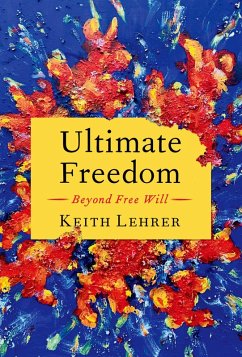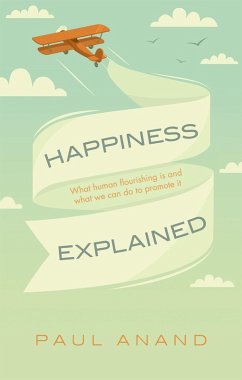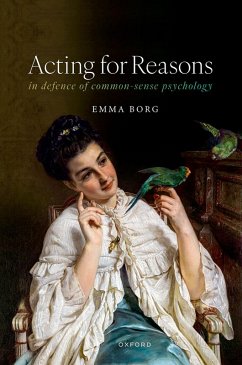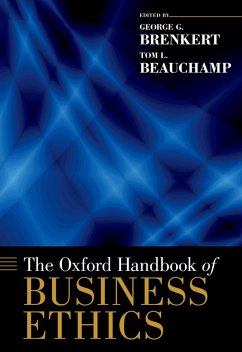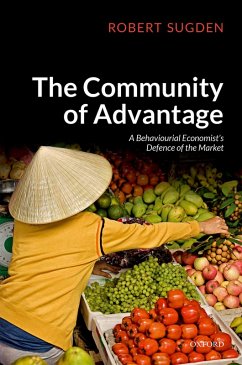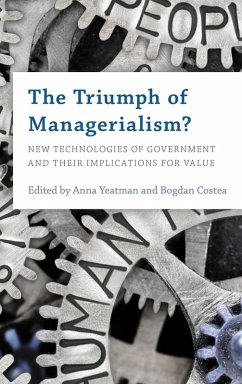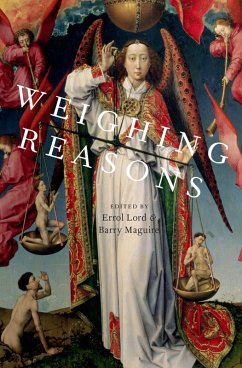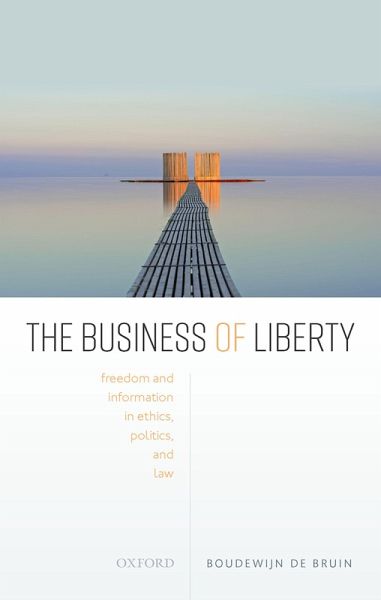
The Business of Liberty (eBook, PDF)
Freedom and Information in Ethics, Politics, and Law
Versandkostenfrei!
Sofort per Download lieferbar
33,95 €
inkl. MwSt.
Weitere Ausgaben:

PAYBACK Punkte
17 °P sammeln!
What makes political freedom valuable to us? Two well-known arguments are that freedom contributes to our desire satisfaction and to our personal responsibility. Here, Boudewijn de Bruin argues that freedom is valuable when it is accompanied by knowledge. He offers an original and systematic account of the relationship between freedom and knowledge and defends two original normative ideals of known freedom and acknowledged freedom. By combining psychological perspectives on choice and philosophical views on the value of knowledge, he shows how known freedom is crucial to satisfy our desires an...
What makes political freedom valuable to us? Two well-known arguments are that freedom contributes to our desire satisfaction and to our personal responsibility. Here, Boudewijn de Bruin argues that freedom is valuable when it is accompanied by knowledge. He offers an original and systematic account of the relationship between freedom and knowledge and defends two original normative ideals of known freedom and acknowledged freedom. By combining psychological perspectives on choice and philosophical views on the value of knowledge, he shows how known freedom is crucial to satisfy our desires and assume responsibility. Known freedom is compromised when salespeople deploy consumer-obfuscation, or when news outlets use contextual framing techniques to steer the way their audiences process information. Conversely, carefully developed consumer protection and information disclosure regulation can foster known freedom. Acknowledged freedom, from ethical and economic perspectives, offers protection and makes our freedoms more stable. It embodies an ideal of mutual recognition that underlies informed consent and the ethics of communication, and can also contribute to a flourishing corporate culture. This book integrates and extends cutting-edge research from philosophy, economics, psychology, and law to reorient debates on privacy, neuromarketing, sustainable finance, corporate culture, consumer protection, media violence, and freedom of speech.
Dieser Download kann aus rechtlichen Gründen nur mit Rechnungsadresse in A, B, BG, CY, CZ, D, DK, EW, E, FIN, F, GR, HR, H, IRL, I, LT, L, LR, M, NL, PL, P, R, S, SLO, SK ausgeliefert werden.




